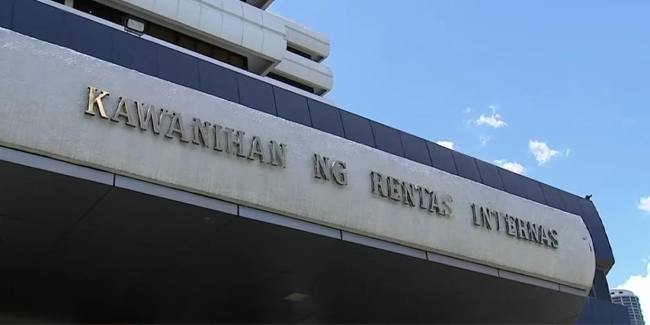The BIR was currently investigating an initial list of 250 social media influencers to look into their tax compliance.
The Bureau of Internal Revenue (BIR) was currently investigating an initial list of 250 social media influencers to look into their tax compliance.

Citing a BIR report to Finance Secretary Carlos Dominguez III, the Department of Finance (DOF) said on Wednesday that the Bureau of Internal Revenue has already issued Letters of Authority (LOAs) for the conduct of the investigation to certain social media influencers (SMIs) found to be “top earners”.
According to a report on GMA News Online, the Department of Finance said that the Bureau of Internal Revenue noted that socmed influencers earning money from their posts on digital media were classified as “self-employed” individuals or those engaged in business or trade as “sole proprietors”.
As such, their earnings were generally considered as business income, as defined under the BIR Revenue Memorandum Circular (RMC) No. 97-2021 issued last August 16.
BIR Deputy Commissioner Arnel Guballa said in his report to Finance Secretary Carlos Dominguez III that they urged social media influencers to register.
“We encourage them to register, and then we have the profiling of over 250 personalities. We will do the investigation so that they would pay the necessary corresponding tax on their earnings,” Guballa said.
READ ALSO: SEC Issues Advisory vs “Play-to-Earn” Games And Other Non-Registered Foreign Entities
Under BIR Revenue Memorandum Circular 97-2021, social media influencers should pay percentage tax and income tax or, if applicable, the value-added tax (VAT), as mandated under the National Internal Revenue Code (NIRC) and other existing laws.
Based on the Circular, social media influencers were defined as those who derived their income from the following sources: YouTube Partner Program (YPP), becoming a brand representative/ambassador, sponsored social and blog posts, subscriptions, affiliate marketing, display advertising, co-creating product lines, promoting own products, photo and video sales, digital courses, e-books, podcasts, and webinars.
The circular stated, among others, that social media influencers who received free goods in exchange for promotions must declare as income the fair market value of those products and income treated as royalties from another country, including payments under the YouTube Partner Program (YPP), shall likewise be included in the computation of the gross income of the social media influencer and shall be subject to tax.
Based on a report, the Department of Finance said that the Bureau of Internal Revenue advised social media influencers receiving income from a non-resident person residing in a country with which the Philippines has a tax treaty to inform the latter that they’re residents of the Philippines, and were, therefore, entitled to claim treaty benefits provided under the relevant tax agreement to avoid the risks of double taxation.
The circular said that social media influencers who “willfully fail to make a tax return, to supply accurate and correct information or to pay tax” or “willfully attempt to evade the payment of tax” shall, in addition to the payment of taxes and corresponding penalties, be held criminally liable under the Tax Code.
For more news and updates, you may feel free to visit this site more often. You may also visit Newspapers.ph via our official Facebook page and YouTube channel.
